The Black Country Derby: Why are fans kicking off?
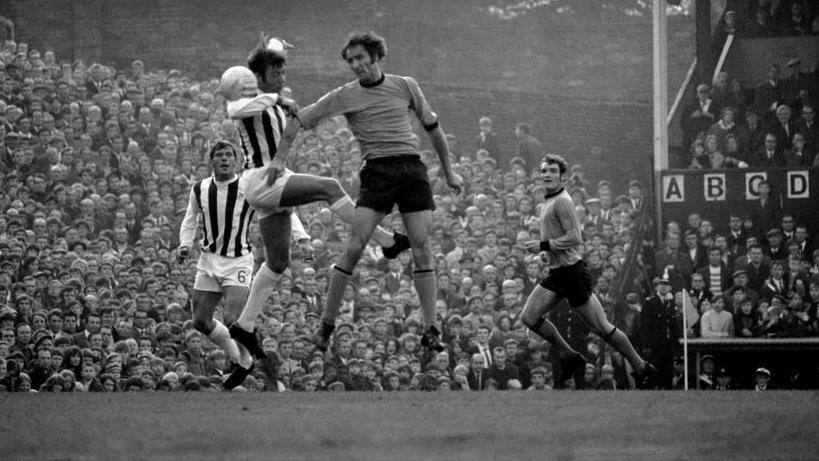
The fixture is significant for football fans across the Black Country
- Published
It is a significant occasion whatever it is called - a football match fiercely contested between two West Midlands rivals.
But as Championship team West Bromwich Albion prepare to face the Premier League's Wolverhampton Wanderers in a FA cup tie, some are questioning whether it truly is a "Black Country derby".
The two sides, whose grounds lie just nine miles apart, will face off in front of supporters for the first time since 2012 on 28 January.
But a social media debate over the famous derby's name is raging before a ball has even been kicked.
It was a tweet by Chris Lepkowski, West Bromwich Albion’s former head of media and sports journalism director, which helped spark the fierce debate.
“A reminder the boundaries have not been re-drawn,” he wrote. “Wolverhampton is not in the Black Country. And never has been.”
So, what does the history tell us?
The Black Country, which takes its name from the smoke of iron-working foundries and forges during the industrial revolution, is usually described as the four local authority areas of Dudley, Sandwell, Walsall and Wolverhampton.
The term has been used as a marketing tool to sell and promote the area, which lies to the north of Birmingham.
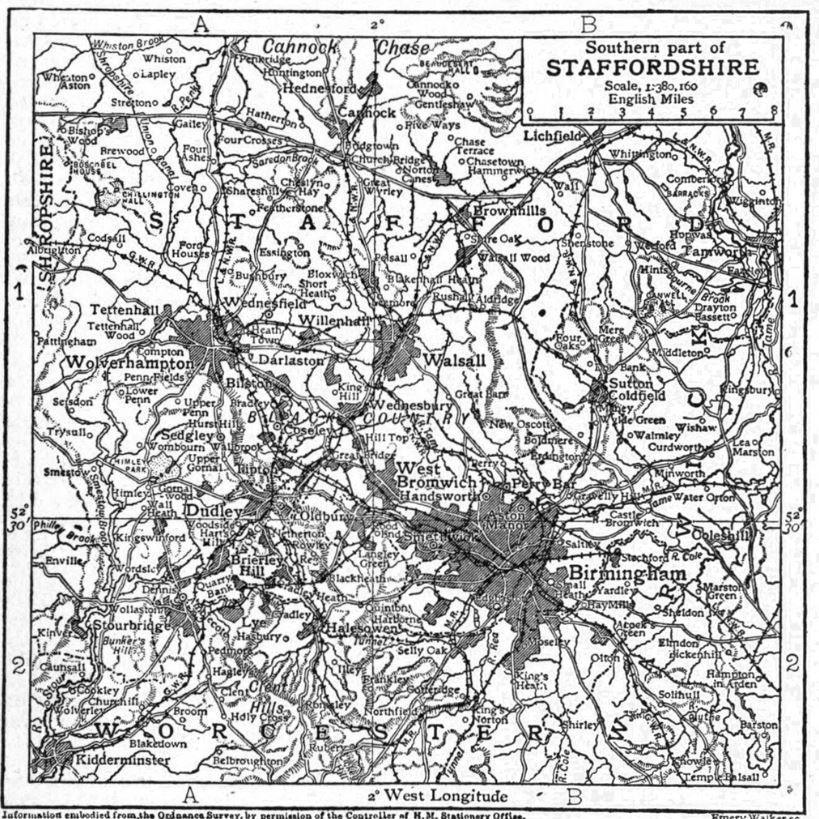
A map from 1911 - the Black Country lies to the west and north-west of Birmingham
To traditionalists, the Black Country is the triangular area where a 30ft (9m) coal seam comes to the surface.
That includes the towns of West Bromwich, Oldbury and Dudley as well as parts of Halesowen, Wednesbury and Walsall.
But Wolverhampton, Stourbridge and Smethwick do not fall within this geographical area, which is why some football fans are kicking off.

TV presenter Mark Rhodes (right) says he is proud to call Wolverhampton part of the Black Country
Former Pop Idol star and TV presenter Mark Rhodes is proud to call his hometown Wolverhampton part of the Black Country.
He told BBC Radio WM: “Anything north of Birmingham - Dudley, Wolves, West Brom, Tipton, Wolverhampton, Walsall - is Black Country to me. I’m not from Birmingham, I’m from the Black Country.
"The Black Country is perceived to be the annoying little brother of Birmingham. That’s wrong. To me it’s a way of life. It's being a yam yam. It’s having an identity.”
Dr Rob Francis, course leader for creative and professional writing at the University of Wolverhampton, spent his early years mucking around the Black Country, depending on your interpretation.
He grew up in The Lye before moving to Stourbridge and gave his thoughts on what he called a perennial discussion from his home in Brierley Hill.
The writer and poet, who has family made up of both sets of fans, said he believed Wolverhampton was in the Black Country.
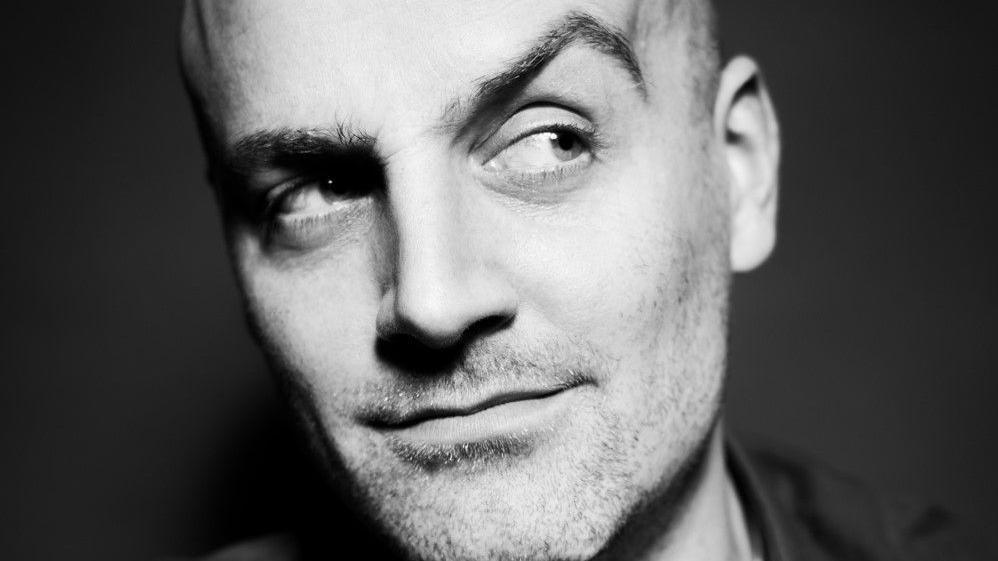
Dr Rob Francis, course leader for creative and professional writing at the University of Wolverhampton
"I quite often joke that if you want to start a fight in the Black Country then ask someone where it is," he said.
"I think for me it's about a spirit of place."
Dr Francis said he understood why some would point out Wolverhampton is not in the coal seam triangle but he said the matter was not purely about geography.
"It has a very similar history," he added.
"It has got its roots in a kind of industrial heritage in the same way that the rest of the region does."
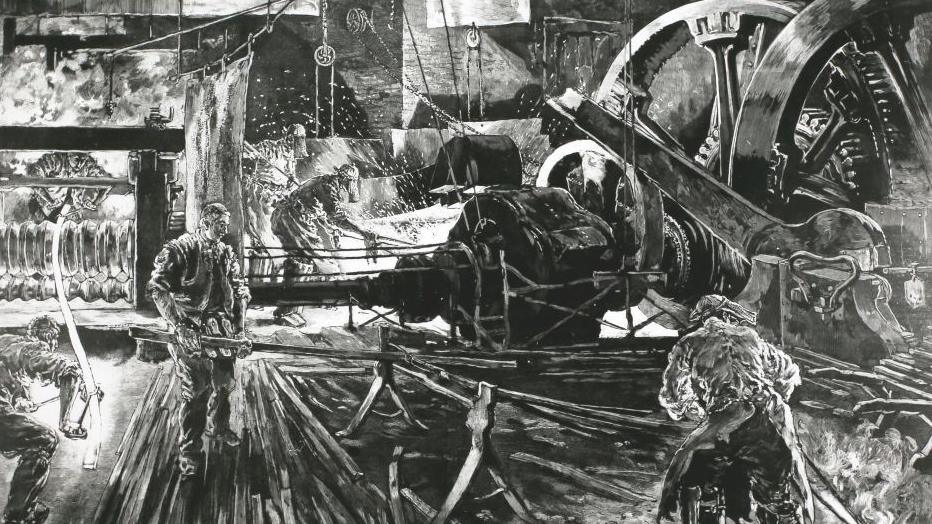
Wolverhampton has its roots in industrial heritage
Dr Kerry Hadley-Pryce said the debate had been going on since the 17th century.
The writer and lecturer, who has written a book set in the Black Country, joked she was born in Wordsley and grew up in Pensnett before "emigrating to Stourbridge".
"It's yes but also no," she said when asked if the fixture could be categorised as a derby.
"Part of the Black Country is the debate itself of where it is. It's this kind of boundary-less place."
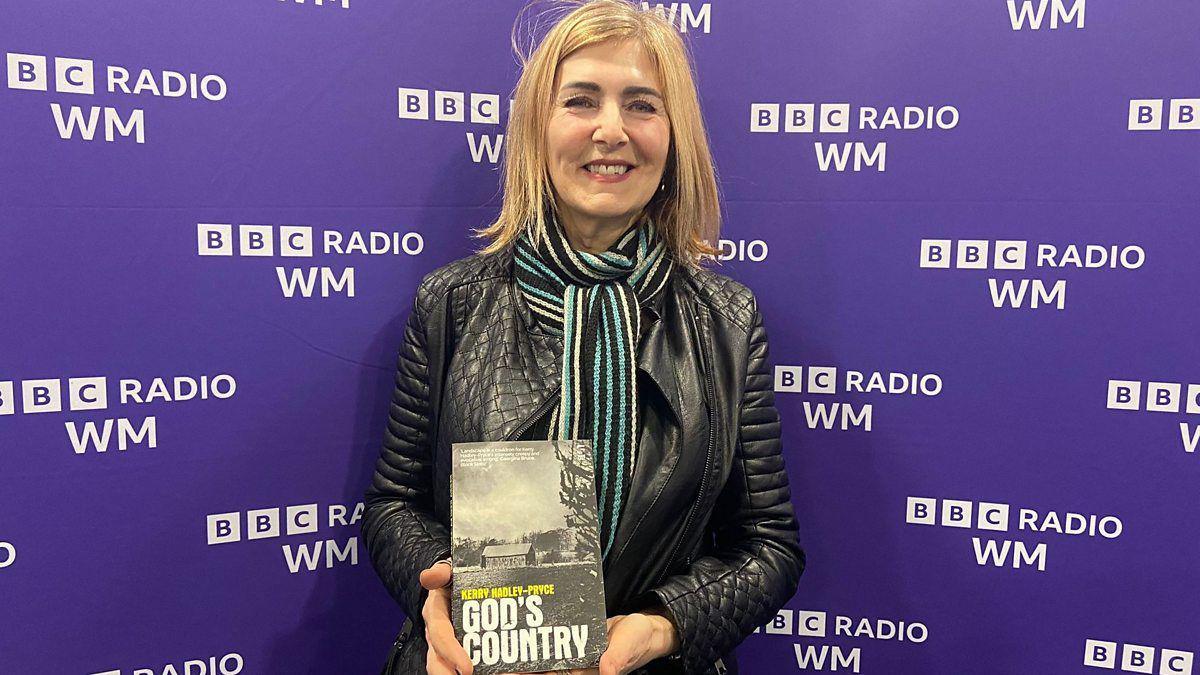
Dr Kerry Hadley-Pryce has written a book set in the Black Country
Reams of academic work had been penned on the subject, she said, with some experts suggesting Wolverhampton has to be in the Black Country due to the way its residents speak.
"In the 1980s there was a chap called Anderson who wrote a huge paper and at the end of it said: 'Look, the Black Country is wherever the dialect is spoken. That's it. The end'.
"However, if my old dad was still alive he would sit in front of us and say 'no it is not and nor by the way is West Brom'.
"This is what we all love. We all sit down with a bag of scratchings and a pint of Banks's and we get on with the laughing and debate about it."
Follow BBC West Midlands on Facebook, external, X,, external and Instagram, external, Send your story ideas to: newsonline.westmidlands@bbc.co.uk, external
Related topics
- Published17 January 2024
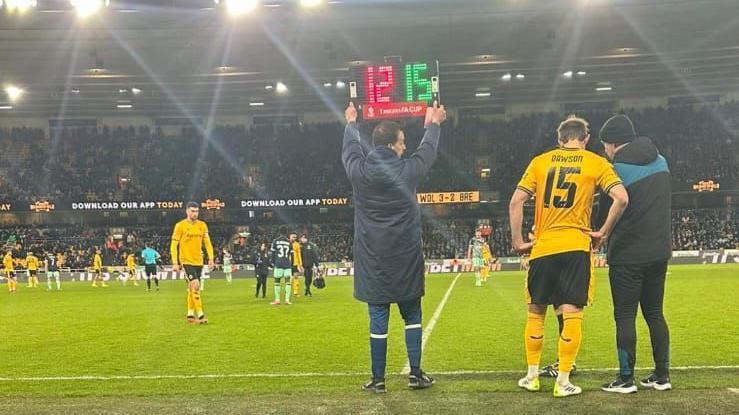
- Attribution
- Published16 January 2024
